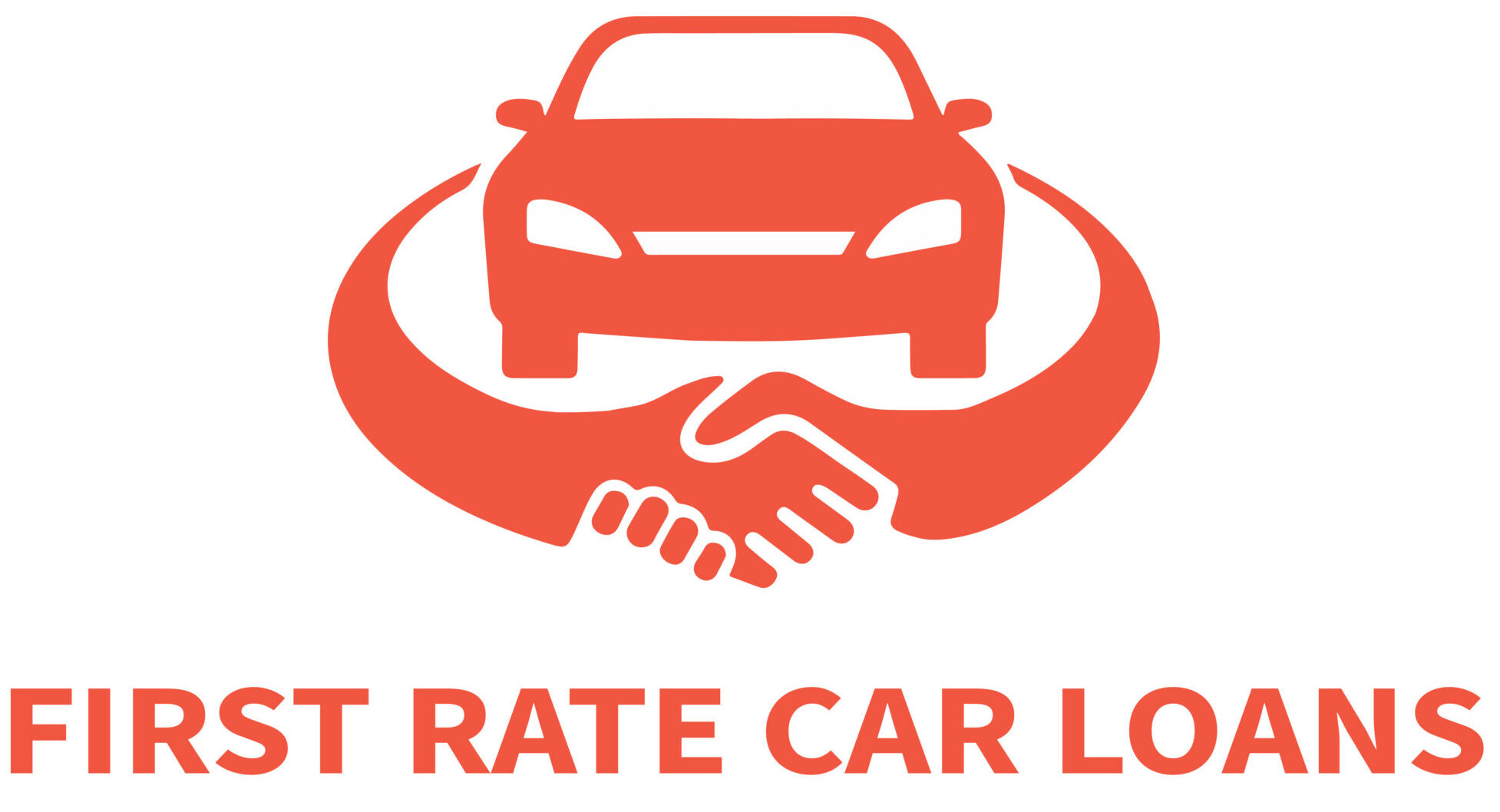Every financial decision reinforces an existing habit. You can develop good money habits with help from experts on how to succeed financially. Westpac’s financial educators, the Davidson Institute, cover nine good money habits to help you get ahead and improve your financial responsibility.
It’s within your control to develop a positive relationship with money
Changes in our financial situations begin with changing the way we view money. Removing any negative emotions, such as insecurity and fear of money, is essential. This can be a barrier that prevents you from improving your financial situation.
Australians are more concerned about money than any other aspect of their lives. According to research by the Australian Psychological Society [i], finances are always at the top of our list.
You can change your relationship with money over time. Three important facts about your relationship with money.
Spend your money wisely
You can develop a new habit or behavior by taking small, manageable steps. Track your spending for a limited period, such as the next month. Why? You can better understand how you spend your money and how even small amounts accumulate over time.
If you buy a $4 cup of coffee five times a week, that’s over $1,000. It also helps you identify areas where you spend money that are not being tracked, like paying for multiple digital streaming subscriptions you don’t use. You can use a money journal on paper, in a journal or document, or even an app like Pocketbook. You can choose the money diary that you want to use. Use this Money diary to help you track your spending.
Work towards reducing debt
Debts may not always be a bad thing, significantly when you are leveraging them to invest in yourself or your financial future. However, throughout your life, you might be amazed by how easy it is to get into debt and how difficult it can be to reduce it. According to the Australian Bureau of Statistics[iii], in 2018, 74% of Australians held some form of debt; the most common conditions were credit card debt and home loans. Some tips on what to consider when paying off your debt:
Start by listing out how much you owe and the form of debt.
Then prioritize your debts from highest to lowest by interest rate. Consider paying off debts with higher interest and fees first.
Make a repayment plan.
Work out if you can afford, based on your budget and cash flow, to pay more than the minimum repayments.
Also, a credit card balance transfer may help. This involves moving balances you owe from a high-rate credit card to one with a no-interest or low-interest rate to reduce the interest you’re paying. The main advantages to consider with a balance transfer credit card are that it can help you to:
It is important to remember that the 0% rate is usually valid for 12 or 18 months, sometimes more. Can you pay off the transferred balance during that period? If not, you must note that a higher interest rate will apply after the promotional rate has ended on any unpaid balance.
Maximise superannuation contributions
What’s your retirement plan? Let’s face it, retirement may be a long way off and feels even longer for someone who has recently started their working years. With life expectancy increasing and the desire to maintain current lifestyles into retirement, the amount needed to support your retirement is growing. That’s why the need to plan and to do so sooner rather than later is essential.
Superannuation can be a tax-effective way to save for retirement for those in the higher income tax bracket. The superannuation guarantee is the amount an employer must pay into a super fund on behalf of an employee.
There are ways you may be able to boost your retirement savings:
Salary sacrifice: This is an agreement between you and your employer where you contribute a part of your pre-tax salary to your super instead of taking it as cash.
You can also make after-tax payments to your super, up to specific amounts, as specified by the ATO.
Combining your superannuation: Consolidating your super funds means moving all your super funds into one account. It makes your super easier to manage and saves on fees. Check your insurance coverage and how it will be affected if you consolidate.
Spouse contributions: If you voluntarily contribute to a complying super fund on behalf of your spouse who is earning a low income or not working, you may claim a tax offset of up to $540 per year, subject to meeting conditions outlined by the ATO.
If you are a low or middle-income earner, you can take advantage of the super co-contribution payment by making eligible personal super contributions to your super fund or retirement savings account (RSA). The government will match up to $500 of your super contributions.
It is important to remember that caps apply to super contributions, and any awesome contribution over a cap amount is subject to extra tax (see the ATO website for more information).
Consider investing as part of a broader financial plan
When it comes to financial investments, if you contribute to your superannuation and already have a regular savings plan, and you still have some spare money, then you might want to consider putting it into other investments to maximize your long-term returns.
When you start looking at investing options, it’s easy to become overwhelmed by all the information. Therefore, it helps to get expert advice. The more informed you are, the more confidently you can make decisions. A great source of knowledge and expertise is a professional financial planner.
With the right help, you can invest to either grow your assets and create long-term capital gains or generate more cash flow, or both. Regardless when it comes to money, time is your most valuable asset. The most successful investors know that investing takes time to achieve a good quality result, io; one of the best investment decisions you can make is to start investing sooner rather than later to have a better chance of reaching your goals. When considering your investment plan, it is essential to consider two things:
Your attitude towards risk. This should be one of the main drivers of your investment decisions as you need investments that let you sleep soundly at night but work hard towards your financial goals.
The risk-return trade-off. There is always a trade-off. This is the trade-off between the risk you run that the investment might not perform and you may lose money against the return you are likely to get. Generally, the higher the return, the higher the risk.




